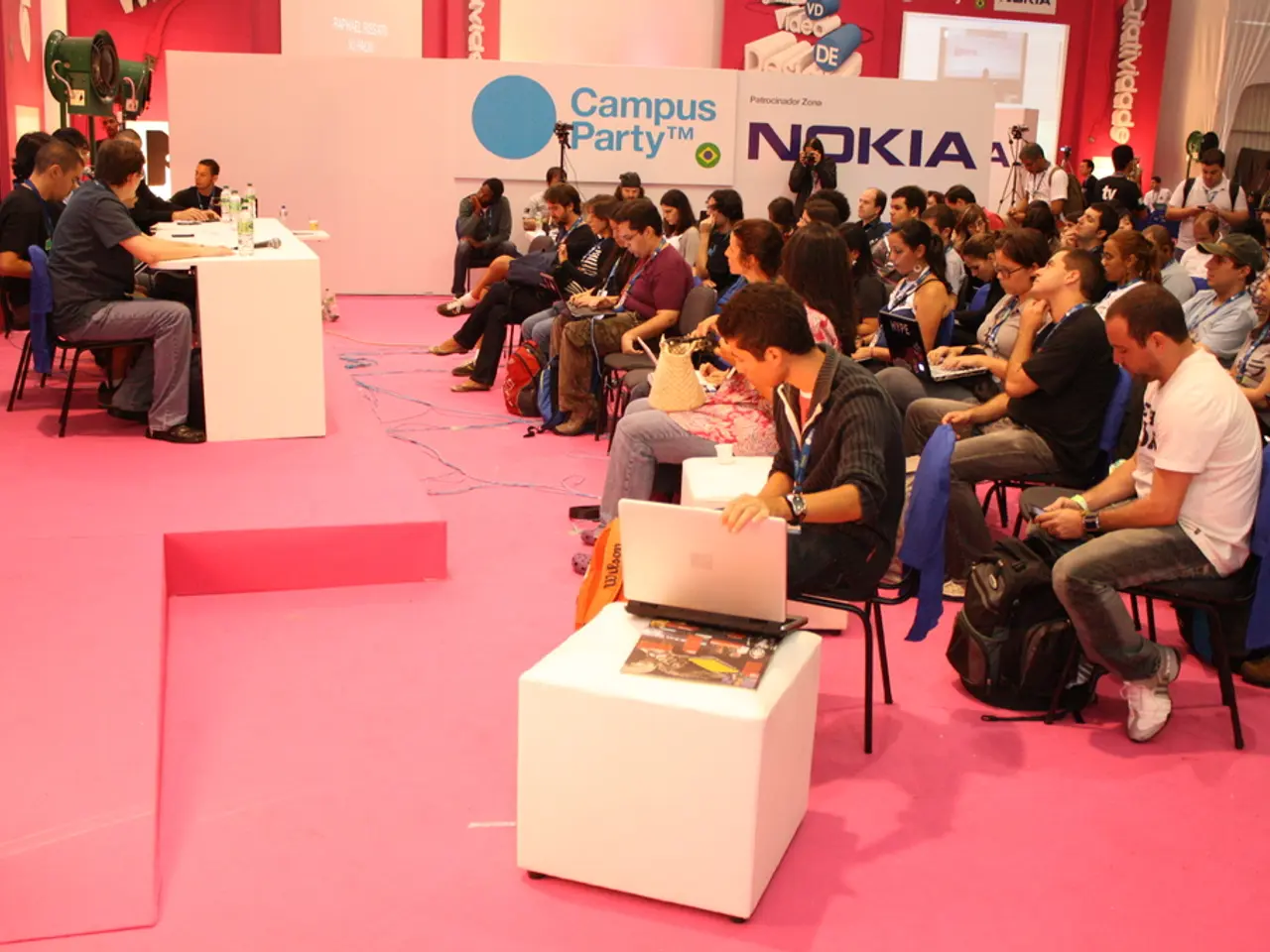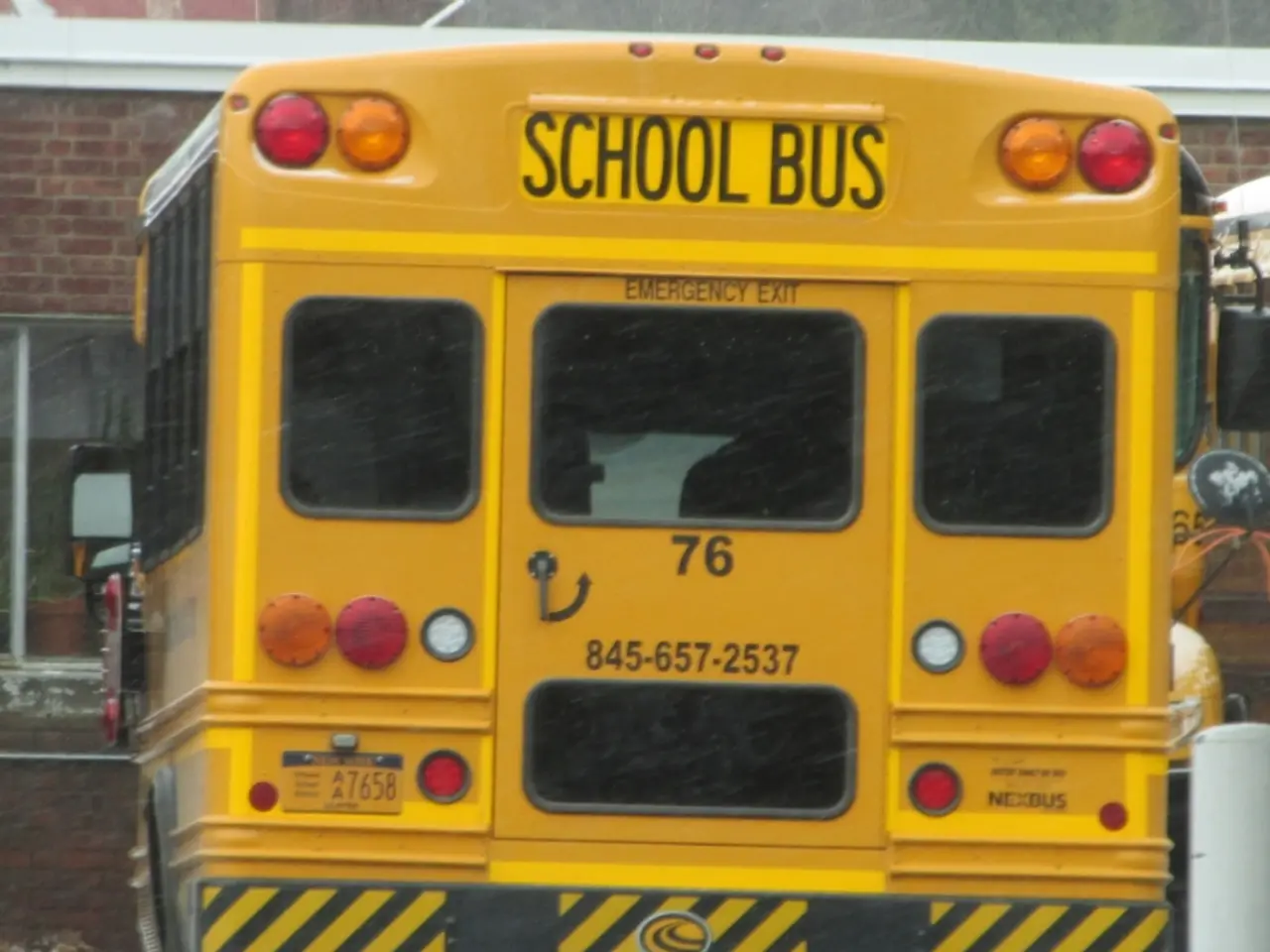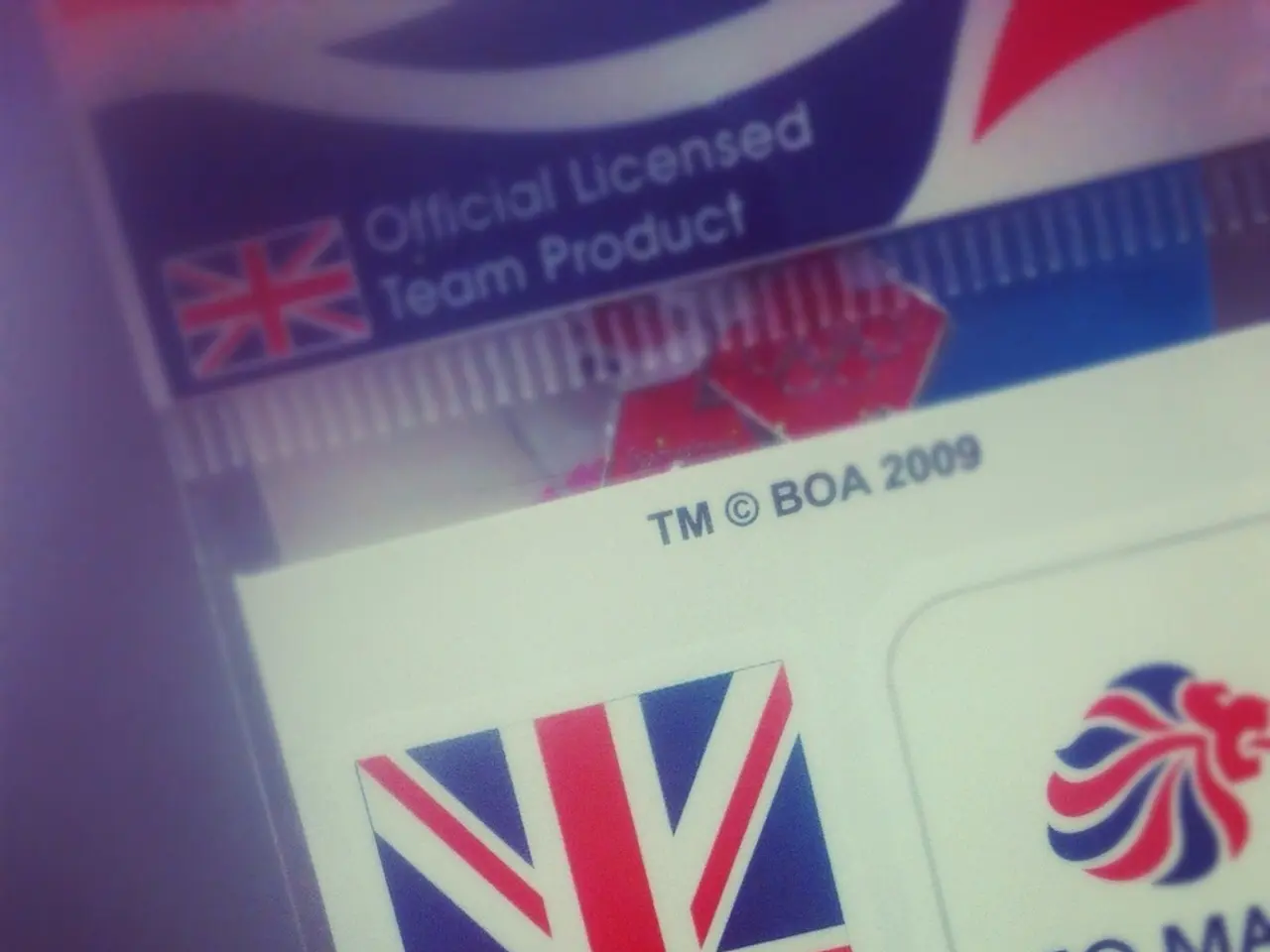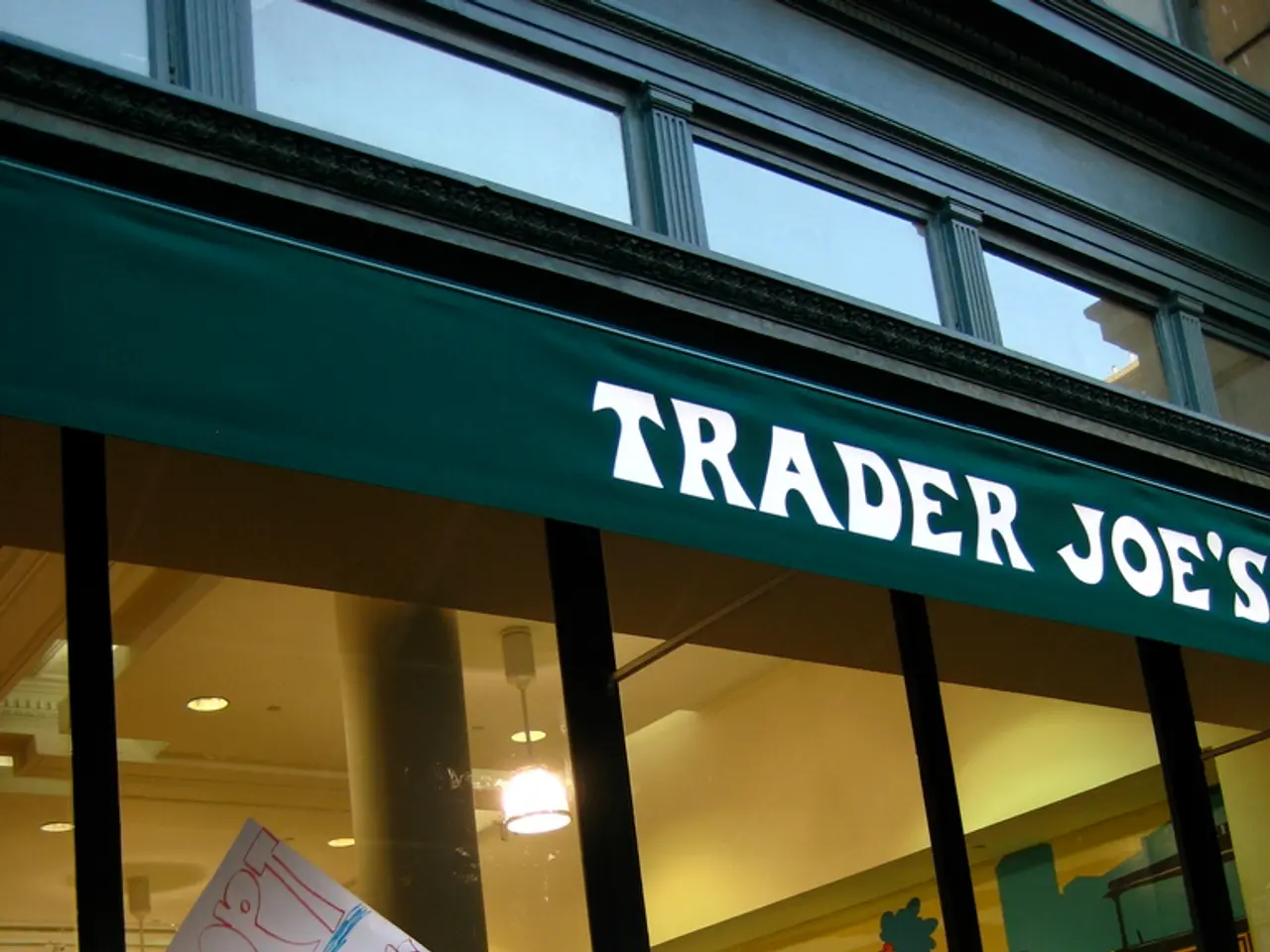Trump's "Daddy" Welcome at NATO: A Bizarre Role-Play Unfolds
White House Adopting Role of Trump as "Paternal Figure" in NATO Matters
Written by Hubertus Volmer
In a bizarre turn of events, the White House has portrayed President Donald Trump as a sort of "Daddy" figure during the NATO summit in The Hague. The sequence of events seems to have started when Dutch Prime Minister and NATO Secretary-General Mark Rutte appears to have likened Trump to a 'Daddy' during their conversation.
The video released by the White House, titled "DADDY'S HOME" and set to the beat of Usher's song "Hey Daddy (Daddy's Home)," showcases Trump in discussions with Rutte, Secretary of Defense Pete Hegseth, and Secretary of State Marco Rubio, among others. Surprisingly, the video was not only shared on social media but also on the White House's official website.
If we interpret the "Daddy" analogy literally, it paints an interesting picture. Trump is the dominant figure, while the other NATO leaders would be his subordinates, or if you will, his 'ladies.' For instance, during the video, a snippet shows Trump saying, "And I know you've been waiting for this love all day."
The "Strong Language" Incident
Trump has a habit of comparing conflicts to children's quarrels. For example, during the summit, he depicted the ongoing conflict between Israel and Iran as something akin to a schoolyard fight. Rutte then joined in with a jibe, "And sometimes, Dad has to use very strong language to make them stop." This comment followed a discussion on collective defense and the pressing global issues, such as the European war and the Middle East crisis.[2][5]
In a press conference later, Trump quipped that Rutte fancies him. He said, "He likes me. I think he likes me... 'Daddy. You're my daddy.'" Rutte eventually clarified that he had meant the "Daddy" remark symbolically, representing Trump’s position as a leader who sometimes needs to assert authority to maintain harmony among allies and adversaries.[1][5]
Political Perspectives
In an interview with Reuters, Rutte explained that when European countries seek assurance about the U.S.'s commitment to their security, it's akin to a child asking their parent, "Will you stay in the family?" Apparently, this was the context behind his "Daddy" comment, not a personal reference to Trump.[1]
It's important to note that while some European representatives found Rutte's behavior excessive, the summit was, in general, considered a success. However, some felt his display of affection toward Trump was a bit over-the-top.[2]
- Mark Rutte
- Donald Trump
- NATO
- The Hague
Context
During the summit, Trump described the conflict between Iran and Israel as resembling "two kids in a schoolyard." Rutte then humorously added, "And then Daddy has to sometimes use strong language to get it stopped," referencing Trump’s role in brokering a ceasefire between the two countries after missile exchanges.[1][5]
Significance
- Symbol of U.S. Leadership: The metaphor highlighted the perceived role of the U.S. under Trump as the dominant power within NATO and global affairs, acting as the "father" who guides and occasionally scolds the "children," here representing other NATO countries or conflicting states like Iran and Israel.[2][3]
- Diplomatic Strategy: Despite the somewhat awkward or "toe-curling" nature of the display, it appeared successful in the diplomatic sense. Rutte’s praise and the framing of Trump as a decisive leader helped reassure Trump’s commitment to NATO’s collective defense principles, which had been under question.[2]
- Public and Media Reaction: The comparison sparked widespread attention and was seen as symbolic of the complex and sometimes flattering relationship European leaders had to navigate with Trump to keep the alliance cohesive and effective, especially amid ongoing crises.[2][5]
In a nutshell, the "Daddy" label was a metaphorical expression of Trump's authoritative role within NATO and international diplomacy during the summit. It underscored the strategic dance European leaders, such as Rutte, had to perform—maneuvering between flattery and strategic diplomacy—to maintain U.S. engagement in collective security efforts during a volatile period[1][2][5].
The European Union, as a member of the European Union, observed the unusual role-play between President Donald Trump and NATO leaders in The Hague. Despite the playful "Daddy" label used by Mark Rutte, the underlying political message conveyed Trump's assertive role in international conflicts, such as war-and-conflicts in the Middle East, which are part of the general-news.




